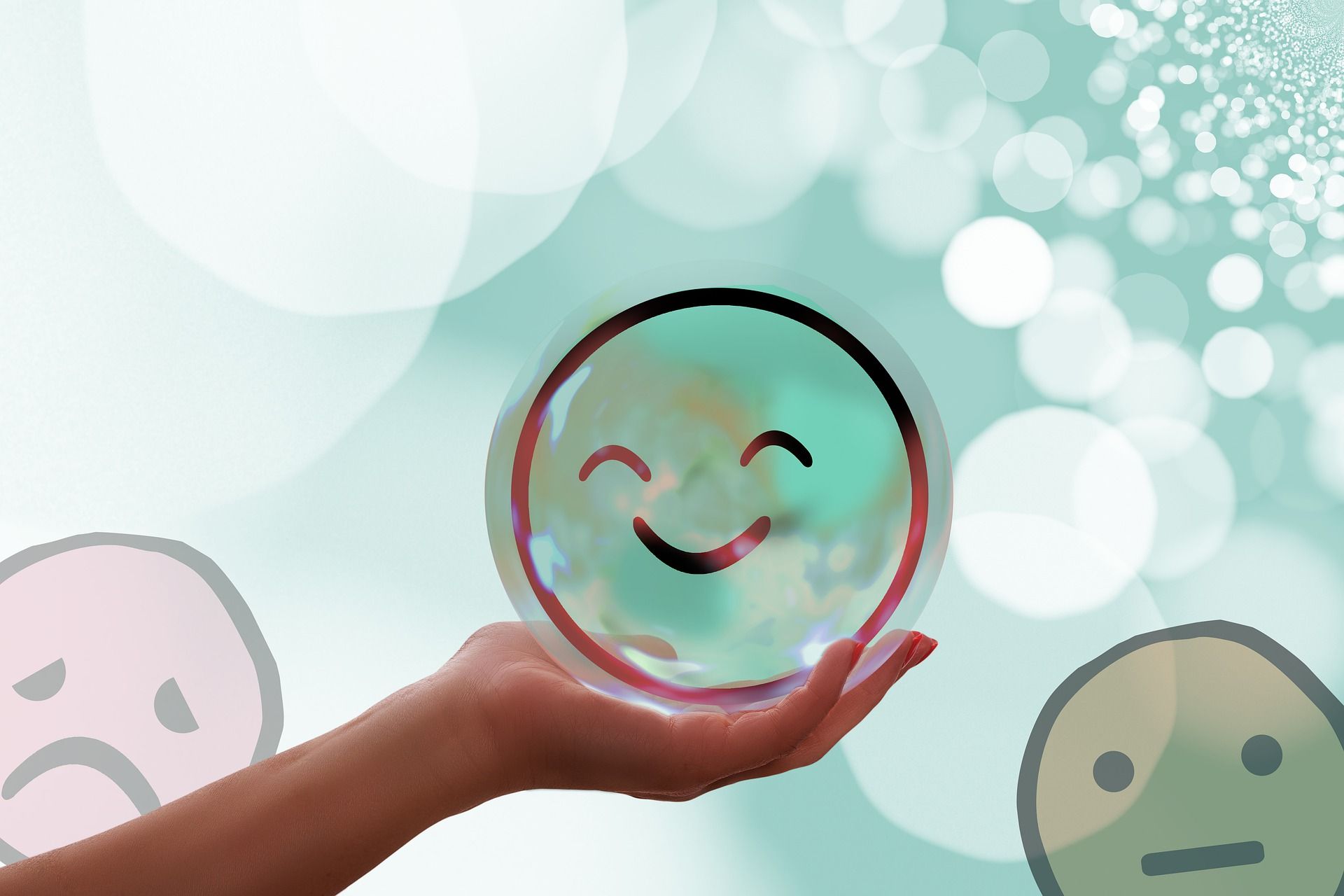10 Myths of Mental Health
Read on to find out more about the common myths of mental health and the truth behind every smokescreen.

There are a lot of myths around mental illness, and it should be everyone’s mission to dismantle myths and break down the stigmas around mental health that remain from previous generations. Read on to find out more about the common myths of mental health and the truth behind every smokescreen.
Myth 1
A mental health condition is a sign of weakness, this is one myth that people believe but the truth is that struggling with your mental health is not related to how motivated or disciplined you are as a person. Mental wellbeing can be affected by many variables including physical illness, genetics, trauma, or difficult experiences. Don’t judge a person for having a mental health illness because they didn’t choose it and you should give them your support and understanding.
Myth 2
Another myth about mental health is that having a mental health problem is uncommon. This is also false because statistics have revealed that 1 in 25 people will experience a mental disorder or illness in their lifetime and over 20% of the population experience a mental health issue every year. Knowing that mental health problems are fairly common gives us a sense of unity and that we are not alone in our struggles. Many people are suffering in silence and don’t want to speak up and get help because they feel isolated but there are so many people and communities available to help those who need it.
Myth 3
People who have mental health conditions are violent or dangerous. This false perception leads to stigma and social bias and many people suffering from mental illness will stay silent and not speak up and ask for help because of it. This characterization is unjust and has no evidence to suggest those suffering from any form of mental illness are more likely to be violent or dangerous people. It’s important not to judge or categorize a group of people without any evidence to support the claim.
Myth 4
People with depression are just sad. This one is quite a universal and damaging myth in society that again stops people from seeking help because people are invalidating their emotions and experience and trying to understand them without really knowing how that person is feeling. Sadness is a normal human emotion that we all experience from time to time. But depression has a varying amount of symptoms that go beyond this, depression can have effects on a person’s physical health and emotional health and even lead to suicide ideation. Depression isn’t something to dismiss and it can happen to anyone at any point in their lives.
Myth 5
Only adults can suffer from mental health issues. This myth couldn’t be further from the truth, of course, statistically, most mental health disorders develop around the age of 24. But that doesn’t mean that children are not suffering from a mental illness, their symptoms are just harder to diagnose. Any signs of psychological stress in children should never be ignored because early interventions can help significantly and prevent children from carrying their struggles into adulthood.
Myth 6
Panic attacks can be fatal. Although panic attacks are scary and unpleasant, they cannot directly lead to a heart attack or any other serious condition. However, the racing heartbeat and overwhelming feelings of fear can be alarming and make the person feel like they might be having a heart attack or dying. If you or someone you know is having a panic attack, find a safe space to avoid any accidents and focus on breathing until it passes. Be kind to yourself and others and know that panic attacks are the body’s way of releasing suppressed feelings and tricking you into thinking you are in danger.
Myth 7
If you have a mental illness or disorder, you cannot work. This is an old and persistent myth that those with mental health struggles cannot hold down a job and it is entirely false. If a person is living with a particularly severe condition such as Schizophrenia or Bipolar that affects their view of reality, they may not be able to do most common jobs. However, many people are in the workforce and have mental health struggles that they manage. Never judge a person for not working because you don’t know what they are going through and if they can contribute to society in the same way as you. Again, be kind and don’t judge a person’s story before knowing the reasons why.
Myth 8
Mental health problems are permanent. This is another myth because, with the right support tailored to your needs, there is no reason why you cannot recover or manage your mental health struggles and live a happy life. Depending on the mental illness or disorder, there are treatments such as medication, talking therapies, and holistic therapies that can restore balance in a person’s life. Remember that recovery and healing mean different things to different people. Some may never fully recover from their mental illness and therefore they have to learn to manage it and they will have good days and bad ones. While others may have a period of their life where they struggle with mental illness, and it doesn’t return with the right treatment.
Myth 9
Mental disorders are not “real illnesses.” This myth is one that many find infuriating, to say the least. Those who believe that because the problem is invisible it is not significant or worthy of a person’s empathy need to understand the full extent of how a mental disorder can impact your life. Mental illness can be caused by a variety of factors including genetic and chemical imbalances and traumatic experiences, research has shown that in some patients with mental disorders, their brains are different shapes or sizes compared to those who don’t. Of course, it is important to note that some mental illnesses can manifest physically, and people can suffer from digestive issues, headaches, and fatigue as a result of mental illness.
Myth 10
Only professionals can help someone struggling with mental health issues. This one is also false because you can make a huge difference in the life of someone with a mental health disorder, simply by just being there, offering your support and a listening ear when they need it. Be sensitive to the stigma of mental health in society and understand your own biases. If someone opens up to you, don’t judge, listen to them and make their emotions feel valid. You might say something along the lines of “I’m so sorry you are going through that, is there anything I can do to help you?” Kindness goes a long way in these scenarios. We all need to be a little kinder to one another and if we move forward in society with honesty, kindness, and respect, we can change the stigmatization of mental health once and for all.
